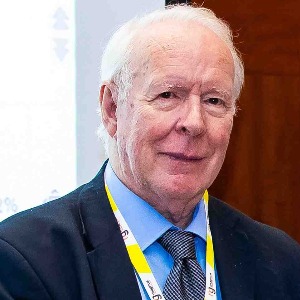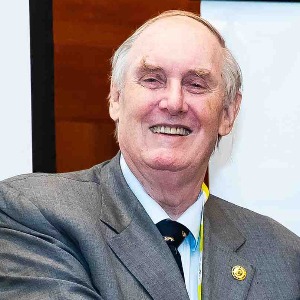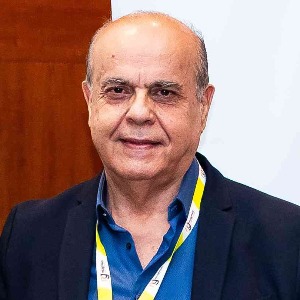Salivary biosensor
Salivary biosensors are a growing field of medical research due to their potential to provide reliable and noninvasive monitoring of a patient's physiological state. These sensors utilize chemical or biological compositions in order to detect changes or fluctuations in various bodily functions and provide a more accurate measure of health. In the medical field, particularly in dentistry, salivary biosensors can be used to monitor the oral environment and aid in the diagnosis of many oral diseases. The salivary biosensor is unique in its ability to detect molecules that can indicate the presence of bacteria or viruses. For example, Salimetrics’ “Saliva Biosensor System” is capable of diagnosing specific pathogens in saliva, which can be used to diagnose dental diseases such as periodontal disease. Furthermore, the biosensors can be used to measure salivary pH which is an indicator of tooth decay and other oral problems. In addition to aid in the diagnosis of oral problems, salivary biosensors can be used to track and gauge the efficacy of certain treatments that may be implemented to improve a patient's oral health. For instance, the Micro Biochip Salivary Biosensor can detect changes in the levels of specific biomarkers in order to assess the effectiveness of a certain treatment. For example, the level of certain proteins and enzymes, such as saliva-specific amylase or lactoferrin, can be monitored for any changes over time. The use of salivary biosensors is becoming more and more popular in the medical and dental fields due to their accuracy and convenience. They are capable of diagnosing diseases, surveying treatment effectiveness, and providing valuable data about the environment in the mouth. As the technology continues to develop, salivary biosensors are expected to play a larger role in diagnosis and treatment of dental issues in the future.

David Geoffrey Gillam
Queen Mary University of London, United Kingdom
Christopher Turner
Spacemark Dental, United Kingdom




Title : Evaluating hygienist follow up for head and neck oncology patients in secondary care: Results from a two cycle audit
Peter Basta, Newcastle Dental Hospital, United Kingdom
Title : Atypical facial pain unravelled
Christopher Turner, Spacemark Dental, United Kingdom
Title : New treatment of temporomandibular disorder through muscle balance and muscle regeneration by activation of quiescent muscle stem cells( satellite cells) with mitochondrial dynamics
Ki Ji Lee, National Reserach Foundation & Busan Medical University, Korea, Republic of
Title : MRONJ and ORN: Referral or management in primary care? Navigating guidelines in the context of long waiting lists
Alisha Sagar, NHS England, United Kingdom
Title : Managing the unexpected: An Insight into supernumerary teeth
Bahar Gharooni Dowrani, Guy's and St Thomas' NHS Foundation Trust, United Kingdom
Title : Laxative prescribing for post operative head and neck cancer patients at Derriford Hospital
Pui Sze Kylie Li, Cardiff and Vale University Health Board, United Kingdom